The first simultaneous launch of four Galileo European positioning satellites was successful
The European Union (EU) and European Space Agency (ESA) successfully launched four satellites in the Galileo global navigation satellite system on an Ariane 5 ES rocket (an improved version of the Ariane 5) from Arianespace at the Guiana Space Centre in French Guiana at 10:06 on November 17 local time (22:06 JST). The satellites were put onto their prescribed orbit.
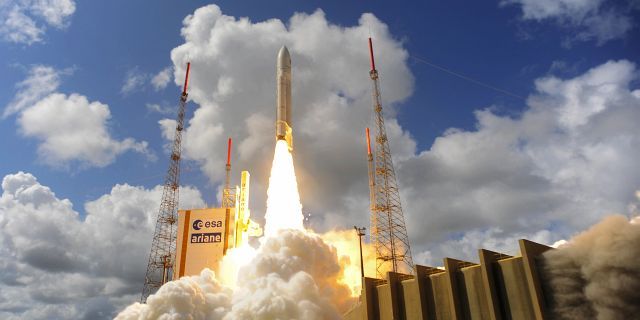
Galileo launch (provided by: European Space Agency ©ESA–Stephane Corvaja, 2016)
The last Galileo launch was on a Soyuz rocket in May of this year for the thirteenth and fourteenth satellites. These are the eleventh to fourteenth satellites for its Full Operational Capability (FOC) and the fifteenth to eighteenth in total including In-Orbit Validation (IOV). The four satellites weight 715 to 717 kilograms each for a total of 2,865 kilograms. This was the first simultaneous launch of four satellites. The rocket detached the first two satellites approximately three hours and 35 minutes after the launch, followed by the remaining two satellites about 20 minutes later, when the mission was completed.
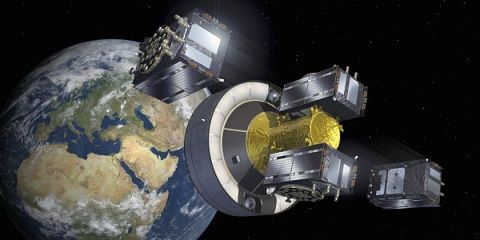
Image of the four Galileo satellites (provided by: European Space Agency © ESA–P. Carril)
The four launched are named "Antoniana," "Lisa," "Kimberly," and "Tijmen" after the winners of a children’s drawing contest in Europe. They will be put onto the operational orbit (different slot of the same orbital plane) after confirming initial functionality. ESA and Arianespace will launch a total of eight satellites on similar rockets in 2017 and 2018 with the aim of completing the system with 24 satellites and spare satellites in 2020.
Reference
Related information
* Header and text images provided by: European Space Agency (ESA) ©ESA–Stephane Corvaja, 2016
-
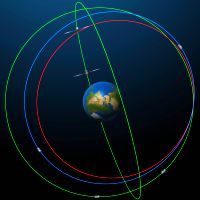 Aug.18,2016
Aug.18,2016The salvaged fifth and sixth Galileo satellites to start sending test signals
-
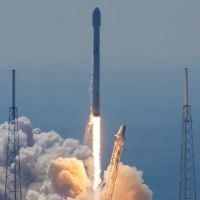 Jun.29,2016
Jun.29,2016Eutelsat launched a communication satellite equipped with a Wide Area Augmentation System (WAAS) payload
-
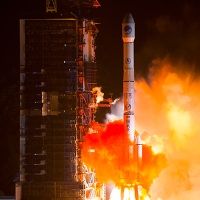 Jun.16,2016
Jun.16,2016China launched its third BeiDou satellite this year
-
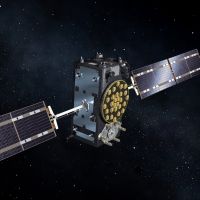 Jun.08,2016
Jun.08,2016The GSA will establish the Galileo Reference Centre in the Netherlands
-
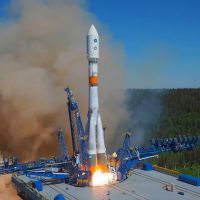 Jun.01,2016
Jun.01,2016Russian positioning satellite GLONASS-M was successfully launched on May 29
-
 May.28,2016
May.28,2016The thirteenth and fourteenth Galileo European positioning satellites were successfully launched
-
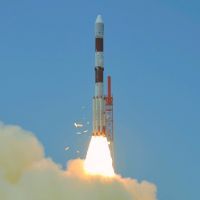 May.02,2016
May.02,2016IRNSS-1G was successfully launched, completing the Indian Regional Navigational Satellite System
-
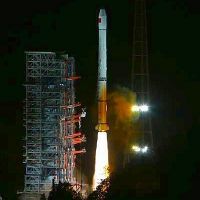 Apr.03,2016
Apr.03,2016China launched its twenty-second BeiDou satellite on March 30
-
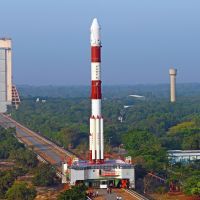 Mar.12,2016
Mar.12,2016Indian positioning satellite IRNSS-1F was successfully launched on March 10
-
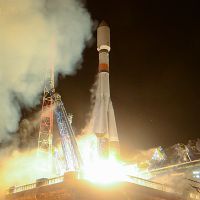 Feb.14,2016
Feb.14,2016Russian positioning satellite GLONASS-M was successfully launched on February 7
-
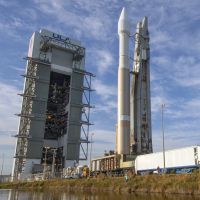 Feb.12,2016
Feb.12,2016GPS IIF-12 satellite was successfully launched on February 5
-
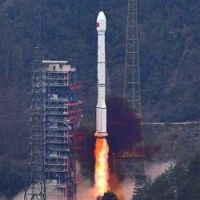 Feb.11,2016
Feb.11,2016China launched its twenty-first BeiDou satellite on February 1
-
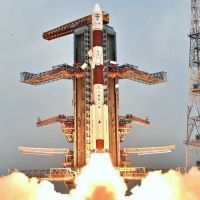 Jan.25,2016
Jan.25,2016Successful launch of the Indian IRNSS-1E positioning satellite
-
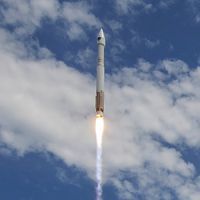 Jan.10,2016
Jan.10,2016Fifteen positioning satellites were launched in 2015
-
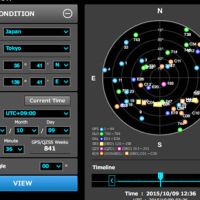 Jan.05,2016
Jan.05,2016The latest version (ver.2.0) of GNSS View
-
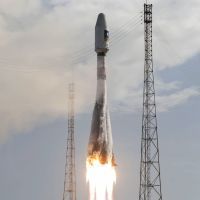 Dec.21,2015
Dec.21,2015Galileo 11 and 12 satellites were successfully launched on December 17
-
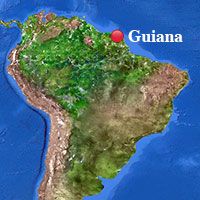 Nov.26,2015
Nov.26,2015Launch of Indian satellite GSAT-15 in the GAGAN system
-
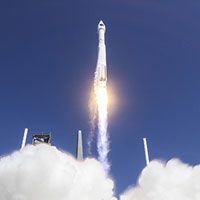 Nov.02,2015
Nov.02,2015GPS IIF-11 satellite was successfully launched on an Atlas V rocket
-
 Oct.05,2015
Oct.05,2015China launched its twentieth BeiDou satellite on September 30
-
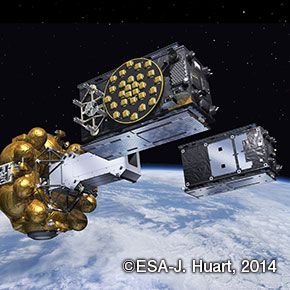 Sep.16,2015
Sep.16,2015Two Galileo satellites were successfully launched
-
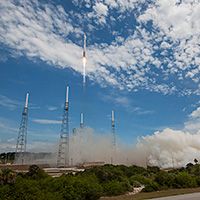 Aug.14,2015
Aug.14,2015GPS IIF-10 was successfully launched by the U.S., and two BeiDou satellites were successfully launched by China


